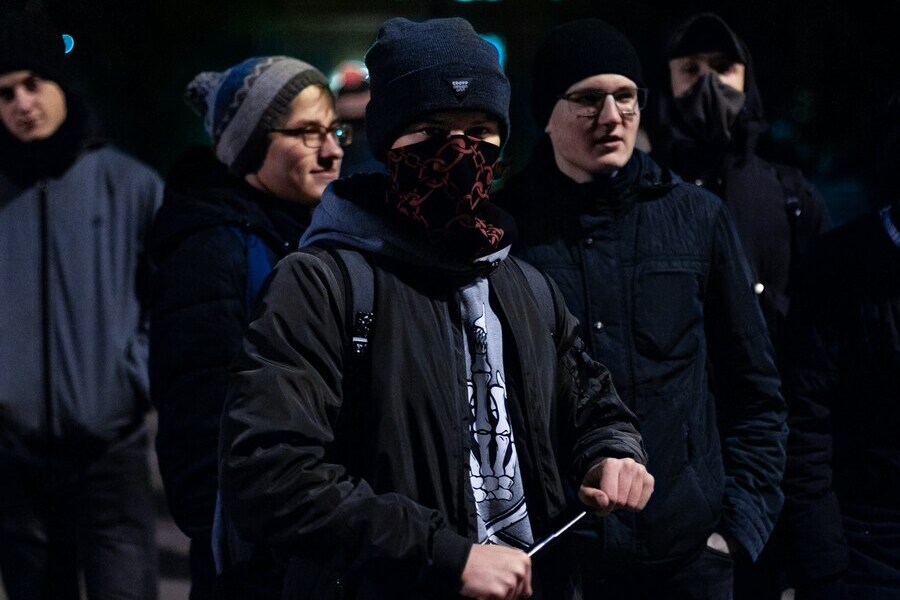Derek Chauvin’s Sentence: How Does It Measure Up to California?
After being found guilty of second-degree murder back in April for the killing of George Floyd while on duty, former police officer Derek Chauvin was sentenced to 22.5 years in prison by a Minnesota judge in June. The jury found Chauvin guilty of second-degree murder after he assaulted Floyd by keeping his knee on Floyd’s neck for 9 minutes and 29 seconds during an arrest.
In Minnesota, the sentencing range for second-degree murder generally falls within 128 to 180 months. Barring factors that made the offense particularly egregious or understandable, the expected sentence would be somewhere in the ballpark of 12 years. However, Chauvin’s sentencing judge determined there were several “aggravating” factors present; in other words, there were aspects of the case that made it worse than normal. The judge explained since Chauvin was a police officer, he abused a position of trust and authority in how he treated Floyd. The judge also found that Chauvin’s conduct was “particularly cruel,” which is why he deviated 10 years above the standard sentencing range. [For more on how the Minnesota court got exactly to the final number of 22.5 years, check out managing partner David P. Shapiro’s video on the sentence here.]
In California, second-degree murder carries an indeterminate sentence, meaning you do not know exactly when your release date would be. It would be a sentence of 15 years to life—so you serve 15 years in prison first, before a parole board reviews your case to determine if you are suitable for release. If your parole is denied, you remain in prison for several more years before the parole board reconsiders your eligibility.
On the one hand, Chauvin would have been eligible for parole in as early as 15 years in California, but at the same time, it is possible he would have needed to remain in custody for longer than 22.5 years if his parole were continuously denied here. For this reason, we will never know for sure whether Chauvin’s Minnesota sentence is harsher than it would be in California.
The contents of this article and blog are for meant for informational and marketing purposes only and do not constitute legal advice. Viewing and/or use of the blog does not form an attorney-client relationship. No statements in this post are a guarantee, warranty, or prediction of a particular result in your case.









